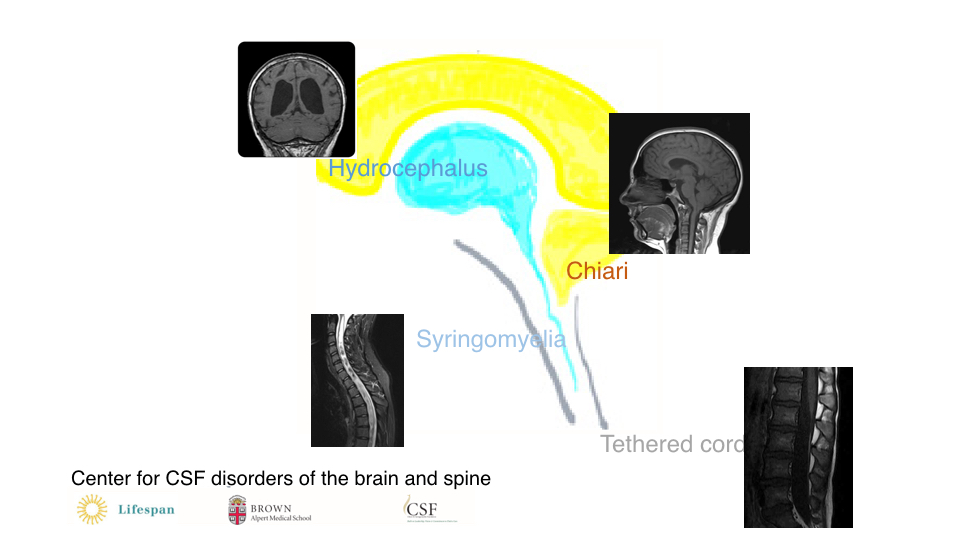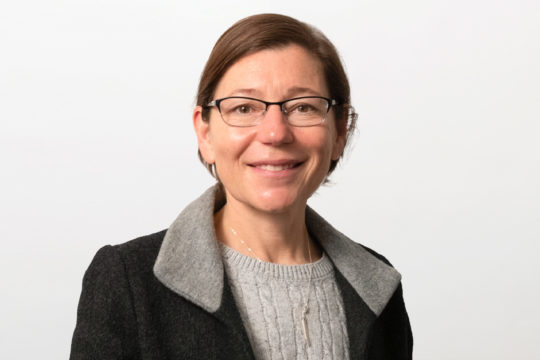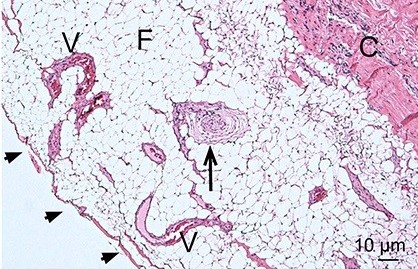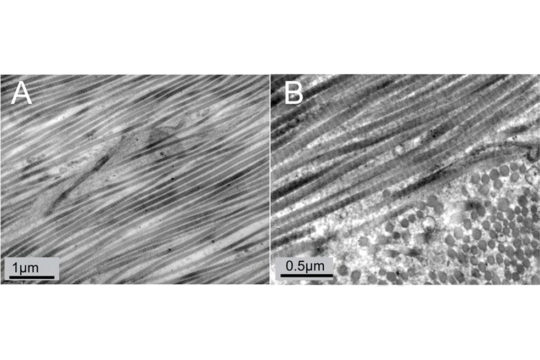Research
Overview
The CSF Disorders Laboratory is dedicated to investigating complementary lines of research to develop basic science understanding, novel diagnostics and therapeutic approaches for cerebrospinal fluid (CSF) disorders like hydrocephalus, Chiari malformation and syringomyelia. Main focus of this research laboratory is to develop advanced techniques to better understand and treat memory deficits and cognitive decline reported in patients with CSF disorders. The team employs a combination of state-of the-art in vivo and in vitro research methods including optogenetics. Optogenetics is an advanced method employed in neuroscience to control and monitor the activities of individual neurons in living tissue in real-time. The studies will be complemented by electrophysiological recording and stimulation of hippocampal activity along with studies of cognitive behavior in hydrocephalus to identify “hot-spots” or “targets” for optogenetic therapy and the role of deep brain stimulation in CSF disorders and their cognitive sequalae.
News
Dr. Petra Klinge has received a Carney innovation Award from the Brown University Carney Institute for Brain Science, to fund her research, “New Biomarkers for Neurodegenerative Diseases.”

Our Team
Laboratory Director
Laboratory News
593 Eddy Street
APC 6
Providence RI 02903
Research Coordinator:
Phone: (401) 793-9177
Fax: (401) 606-4011


